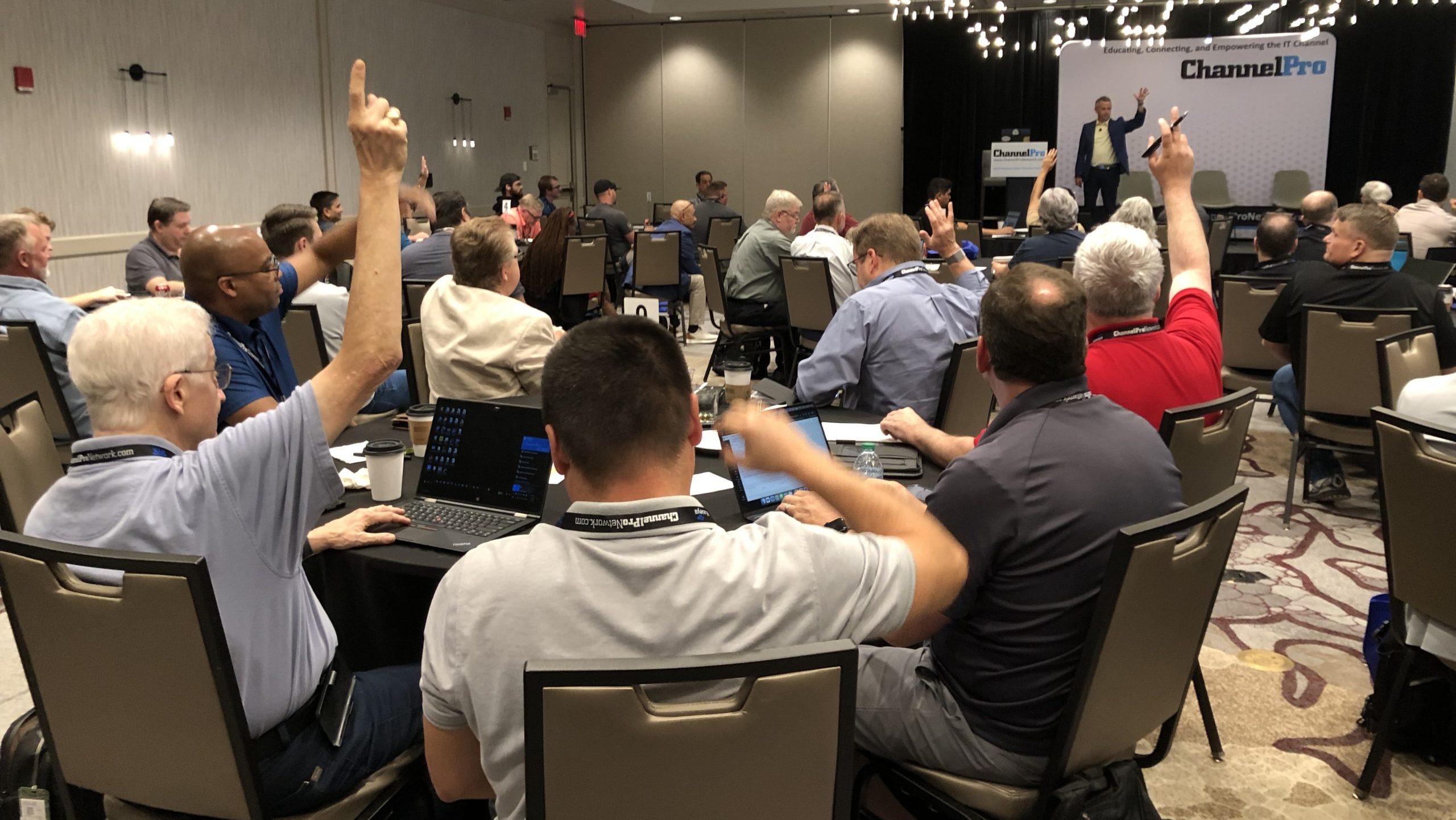McAfee, in partnership with the Center for Strategic and International Studies (CSIS), released “Economic Impact of Cybercrime – No Slowing Down,” a global report that focuses on the significant impact that cybercrime has on economies worldwide. The report concludes that cybercrime costs businesses close to $600 billion, or 0.8 percent of global GDP, which is up from a†2014 study†that put global losses at about $445 billion.
The report attributes the growth over three years to cybercriminals quickly adopting new technologies, the ease of engaging in cybercrime – including an expanding number of cybercrime centers – and the growing financial sophistication of top-tier cybercriminals.
“The digital world has transformed almost every aspect of our lives, including risk and crime, so that crime is more efficient, less risky, more profitable and has never been easier to execute,” said Steve Grobman, Chief Technology Officer for McAfee. “Consider the use of ransomware, where criminals can outsource much of their work to skilled contractors. Ransomware-as-a-service cloud providers efficiently scale attacks to target millions of systems, and attacks are automated to require minimal human involvement. Add to these factors cryptocurrencies that ease rapid monetization, while minimizing the risk of arrest, and you must sadly conclude that the $600 billion cybercrime figure reflects the extent to which our technological accomplishments have transformed the criminal economy as dramatically as they have every other portion of our economy.”
Banks remain the favorite target of cybercriminals, and nation states are the most dangerous source of cybercrime, the report finds. Russia, North Korea and Iran are the most active in hacking financial institutions, while China is the most active in cyber espionage.
“Our research bore out the fact that Russia is the leader in cybercrime, reflecting the skill of its hacker community and its disdain for western law enforcement,” said James Lewis, senior vice president at CSIS. “North Korea is second in line, as the nation uses cryptocurrency theft to help fund its regime, and we’re now seeing an expanding number of cybercrime centers, including not only North Korea but also Brazil, India and Vietnam.”
The report measures cybercrime in North America, Europe and Central Asia, East Asia and the Pacific, South Asia, Latin America and the Caribbean, Sub-Saharan Africa, and the Middle East and North Africa. Not surprisingly, cybercrime losses are greater in richer countries. However, the countries with the greatest losses (as a percentage of national income) are mid-tier nations that are digitized but not yet fully capable in cybersecurity.
Methodology
The report did not attempt to measure the cost of all malicious activity on the internet, focusing instead on criminals gaining illicit access to a victim’s computer or network. The elements of cybercrime the authors identify include:
- The loss of IP and business-confidential information
- Online fraud and financial crimes, often the result of stolen personally identifiable information
- Financial manipulation directed toward publicly-traded companies
- Opportunity costs, including disruption in production or services and reduced trust in online activities
- The cost of securing networks, purchasing cyber insurance and paying for recovery from cyber-attacks
- Reputational damage and liability risk for the affected company and its brand
To help scope the cost of malicious cyber-activity, the authors looked at other types of crime for which there are estimates, including maritime piracy, pilferage and transnational crime. They note that data on cybercrime remains poor because of underreporting and a laxness in most governments around the world to collect data on cybercrime.
Recommendations
The report also includes some recommendations on how to deal with cybercrime, including:
- Uniform implementation of basic security measures and investment in defensive technologies
- Increased cooperation among international law enforcement agencies
- Improved collection of data by national authorities
- Greater standardization and coordination of cybersecurity requirements
- Progress on the Budapest Convention, a formal treaty on cybercrime
- International pressure on state sanctuaries for cybercrime













